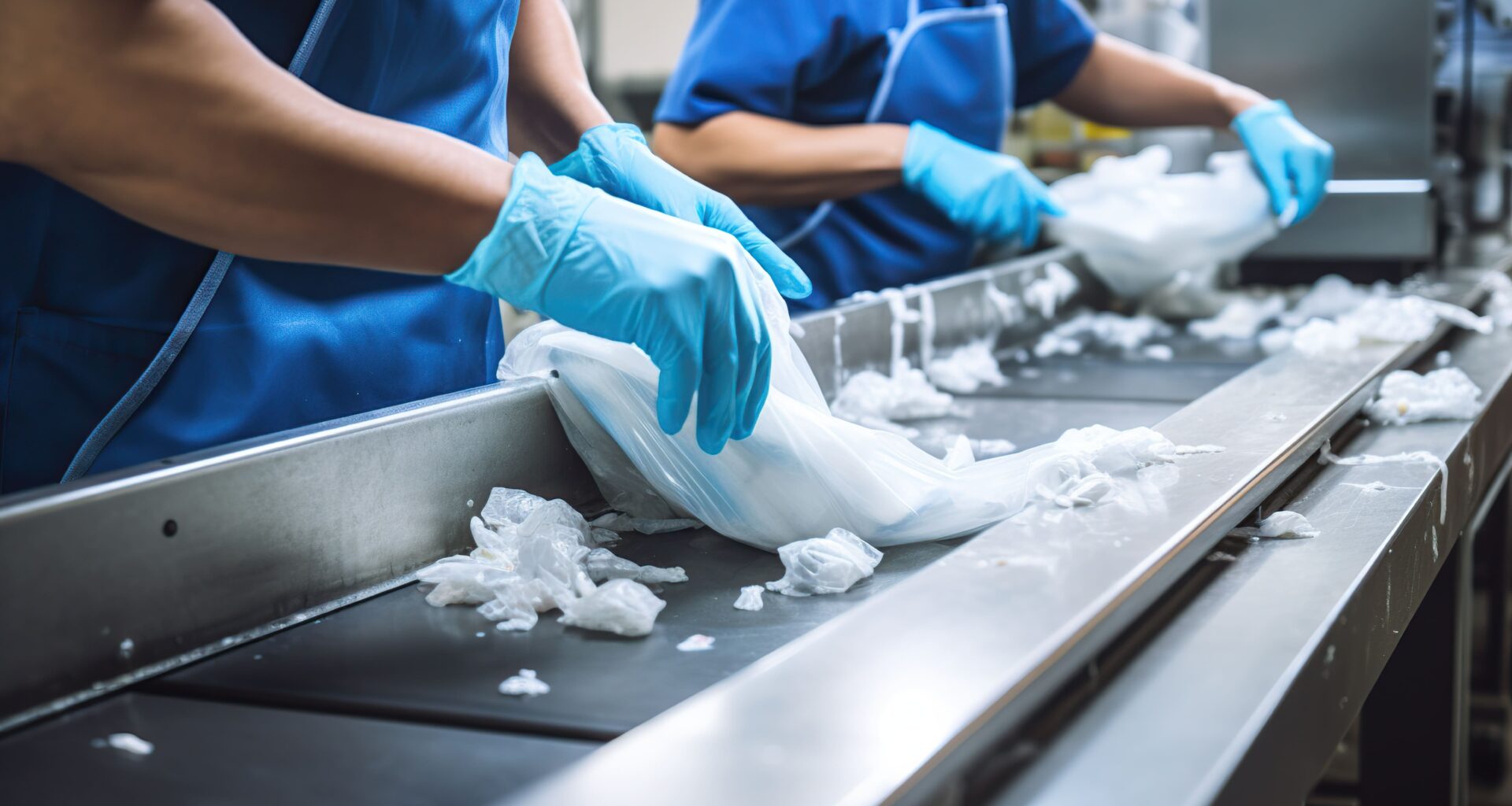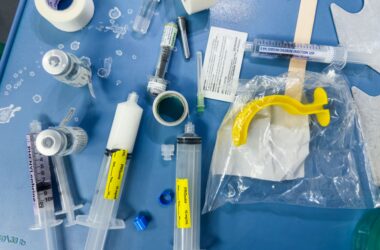The healthcare industry, while undoubtedly a cornerstone of human well-being, generates significant waste. With their complex materials and potential biohazards, medical equipment and devices pose a unique challenge in this equation. Landfills and incineration have traditionally been the primary disposal methods, raising severe environmental and economic concerns. However, a wave of innovation is surging through the medical waste landscape, offering a more sustainable future through sustainable medical device recycling. This blog covers this issue.
The Current Landscape – A Pressing Need For Change
For decades, the standard disposal methods for medical equipment have been far from ideal. Landfills overflow with discarded devices, leaching harmful chemicals into the soil and potentially contaminating water sources. Incineration releases toxic pollutants into the atmosphere while reducing the landfill burden. These practices threaten environmental health and represent a missed opportunity for resource recovery and cost reduction.
Existing regulations further complicate the picture. Stringent safety protocols are crucial to prevent the spread of infections, but they can also create hurdles for reprocessing used equipment. Additionally, the lack of standardized guidelines and infrastructure for sustainable medical device recycling hinders its widespread adoption.
Recent Trends – A Spark of Innovation
Fortunately, a growing awareness of the environmental impact of traditional disposal methods is driving the exploration of innovative recycling solutions. These advancements hold immense promise for a greener healthcare future.
A. Decontamination and Reprocessing
Decontamination and reprocessing offer a compelling alternative to discarding medical devices. This process involves meticulously cleaning and sterilizing used equipment to meet stringent safety standards for safe reuse. Recent advancements in decontamination technologies, such as hydrogen peroxide plasma and ozone, are making reprocessing a more efficient and reliable option.
The benefits are multifaceted. Reprocessed devices represent a significant cost saving for healthcare institutions, allowing them to stretch their budgets further. More importantly, sustainable medical device recycling through reprocessing reduces the environmental footprint of the healthcare sector, contributing immensely to a greener future.
B. Material Recovery And Repurposing
Medical equipment often contains valuable materials like metals, plastics, and even precious metals. Innovative recycling technologies now allow us to extract these materials from used devices, preventing them from ending up in landfills. Advanced sorting techniques and closed-loop systems ensure efficient material separation, paving the way for responsible resource recovery.
Recovered materials can then be repurposed for diverse applications outside the medical field. For example, extracted plastics can be used to manufacture non-medical equipment or construction materials. This approach addresses the waste issue and reduces reliance on virgin resources, promoting a more circular economy.
C. Design for Disassembly And Recycling
The concept of eco-design is gaining traction within the medical device industry. Sustainable medical device recycling starts with the design phase itself. By incorporating principles of disassembly and recyclability into the design of medical equipment, manufacturers can simplify the material recovery process at the end of a device’s lifespan.
This forward-thinking approach requires collaboration between medical device manufacturers and recycling companies. By working together, they can create equipment that is not only functional but also designed for easier disassembly and material extraction during the recycling stage. This collaborative approach fosters a more sustainable healthcare ecosystem for the long term.
Advantages Of Innovation In Medical Waste Management
The adoption of innovative medical equipment recycling practices provides an array of advantages for the environment, the economy, and public health. Here’s a closer look:
Environmental Benefits: Sustainable medical device recycling contributes significantly to a greener healthcare system by reducing landfill waste, lowering greenhouse gas emissions, and promoting resource conservation.
Economic Benefits: Reprocessed and repurposed medical equipment translates to cost savings for healthcare institutions. Additionally, the recycling sector creates new job opportunities, boosting the economy.
Public Health Benefits: Responsible reuse programs using reprocessed devices can improve access to essential medical equipment in developing countries, promoting better healthcare outcomes globally.
Challenges And Considerations: Paving The Road Ahead
Despite the promising advancements, some challenges remain. Regulatory hurdles related to device safety and efficacy need to be catered to promote the wider adoption of reprocessing practices.
Furthermore, building robust infrastructure and training programs for proper recycling practices is crucial. Raising awareness and fostering collaboration between manufacturers, healthcare institutions, recyclers, and policymakers will be essential to overcome these challenges and create a sustainable medical device recycling ecosystem.
A Look Into The Future
The future of healthcare hinges on embracing innovation and creating a more sustainable model. By prioritizing sustainable medical device recycling, we can ensure a healthier planet for generations to come while maintaining a quality standard of patient care. Let’s work together to encourage responsible recycling practices, advocate for regulatory reform, and promote stakeholder collaboration.
It’s time to dismantle the waste stream and embrace a future where healthcare and environmental well-being go hand-in-hand. Healthcare professionals, manufacturers, and policymakers can collectively make a significant difference by actively seeking green healthcare solutions like sustainable medical device recycling.
Here are some actionable steps you can take to contribute:
Healthcare Professionals: Educate yourselves on the benefits of sustainable medical equipment recycling and advocate for its adoption within your institutions. Explore opportunities to participate in reprocessing programs and responsible disposal practices.
Manufacturers: Integrate eco-design principles into your medical device development process. Collaborate with recycling companies to ensure your products are easier to disassemble and recycle.
Policymakers: Develop and implement clear regulations that incentivize sustainable medical device recycling and foster a supportive environment for innovation in this sector.
Together, we can create and promote a more sustainable healthcare future.












